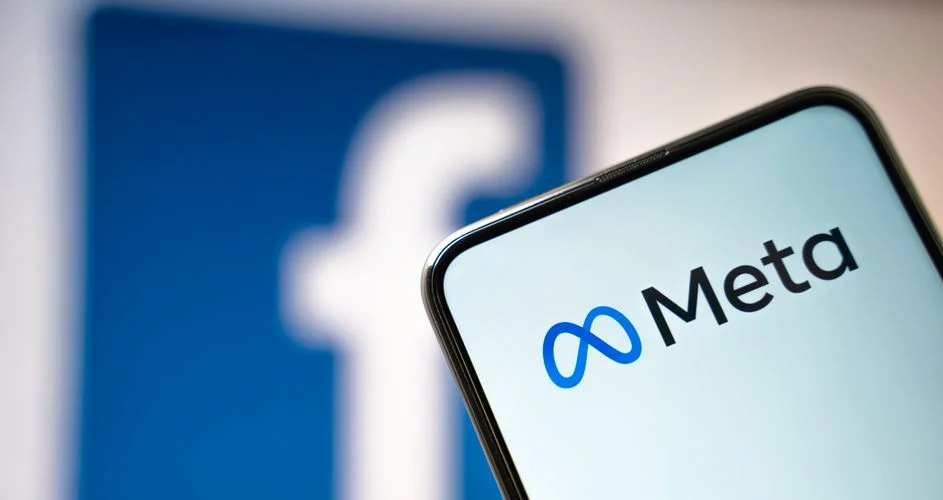Facebook recently paid a South Dakota bank $60 million for the trademark rights to its Meta Financial name, which gives Facebook extra leverage when it comes to stopping competitors from using specific words, phrases, or logos.

Facebook paid a South Dakota bank $60 million
Social media giant recently paid a South Dakota bank $60 million for the trademark rights to its Meta Financial name.
Both companies confirmed to Reuters last week that Facebook (which rebranded to Meta in October) acquired the trademark rights through a shell company called Beige Key LLC.
The deal is notable for its size: while $60 million may not seem like much to a company with a market cap of $928 billion, it is a significant sum in the world of trademarks. It’s also noteworthy for what it might allow Facebook to accomplish.
When it comes to preventing competitors from using specific words, phrases, or logos, having a trademark gives you an advantage. That power, however, does not extend to preventing someone from using the same name for a related product; this is why Apple computers, Apple Records, and Apple Autoglass can all exist side by side.
In a typical trademark transaction, a buyer pays not only for a name, but also for the goodwill that customers associate with a particular product or service.
Meta Financial’s goodwill stems from its regional banks in South Dakota and Iowa, as well as online payment products that promote financial inclusion, according to the bank.
Facebook’s $60 million deal is a power play
While Facebook has dabbled in payments through its crypto wallet Novi, Meta Financial’s operations have little to do with Facebook’s traditional social media businesses or the metaverse, where the company is eager to stake a claim.
This suggests that Facebook’s $60 million deal is a power play to discourage others from using the terms “meta” or “metaverse.” On Twitter, Alexandra Roberts, a trademark law professor at the University of New Hampshire, stated:
is fb taking over this whole co.? sounds like no. is it just paying co. to change names so new meta can acquire the broadest rights possible? sounds like more than that. but new meta getting priority based on old meta’s earliest use is sketchy, esp if fb isn’t in that space yet.
— alexandra j. roberts (@lexlanham) December 18, 2021
If Facebook uses its new trademark to put legal pressure on other businesses, it will exacerbate the already simmering conflict over who owns the metaverse.
While Facebook CEO Mark Zuckerberg has made the term central to his company’s rebranding, the broader crypto community has argued that the metaverse is a decentralized, permissionless sphere that no one should own.
Facebook’s strategy has already drawn criticism after it appeared to take an artist’s @metaverse handle without explanation on Instagram (which is owned by Facebook). Following a public outcry, the company returned the handle.
Firms are attempting to establish a claim in the metaverse
However, Facebook is far from the only firm attempting to establish a claim in the rapidly evolving metaverse. Several companies, including Pepsi and Budweiser, have been purchasing Ethereum handles, NFTs, or digital real estate—often with egregious results.
Coinbase, the world’s largest cryptocurrency exchange, is also positioning itself to be the go-to service for helping its customers maintain the NFTs and avatars that many people will use to identify themselves in the metaverse.
While Coinbase’s CEO Brian Armstrong has long been a proponent of decentralization, if its identification plans come to fulfillment, the corporation could end up playing a disproportionate role in the metaverse.
The bottom line is that determining who, if anyone, will control the metaverse is still very early in the game, but giant internet companies—particularly Facebook—are willing to spend, and possibly bully, in order to get in first.
